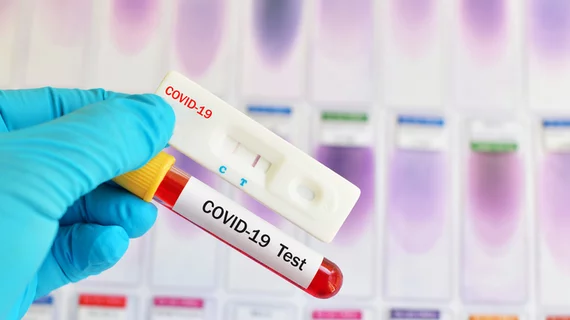More cardiology conferences canceled over COVID-19 concerns
Healthcare conferences all over the world have been delayed or canceled due to the COVID-19 pandemic, and two more significant cancellations have been announced that impact cardiology professionals.
First, the Society for Cardiovascular Angiography & Interventions (SCAI) has officially canceled the SCAI 2020 Scientific Sessions, originally scheduled for May 13-16 in Atlanta.
“I want to express solidarity with our colleagues who are on the front lines, addressing the response to the COVID-19 pandemic,” SCAI President Ehtisham Mahmud, MD, said in a statement. “Physicians, nurses, and allied health care professionals in the emergency departments, intensive care units, and inpatient wards are dealing directly with the sickest patients and are, in turn, greatly exposed. We in the interventional and invasive cardiology world are immensely grateful for their efforts and are here to offer support and help.”
Virtual content will be made available, Mahmud added, and information about those options will be announced at a later date.
The European Society of Cardiology (ESC) has also canceled another one of its congresses, Frontiers in CardioVascular Biomedicine 2020. The biennial event was scheduled for April 23-26 in Budapest, Hungary, but has been rescheduled for April 22-25, 2021, in the same location.

